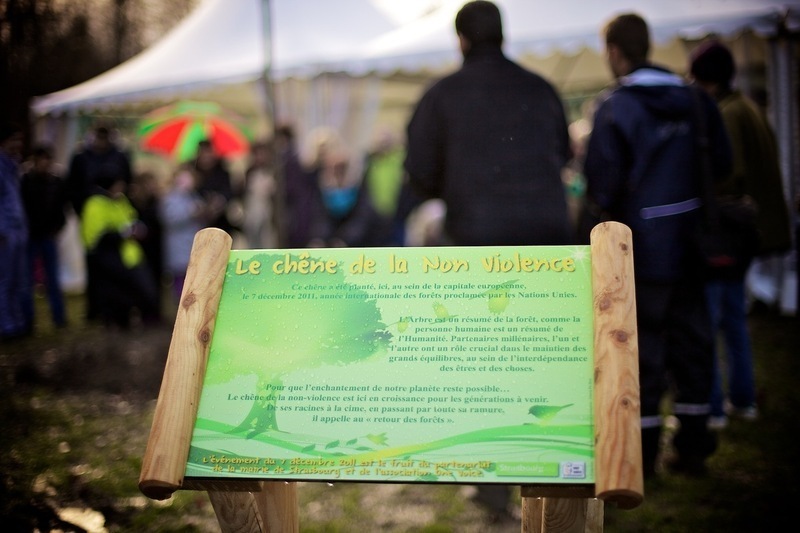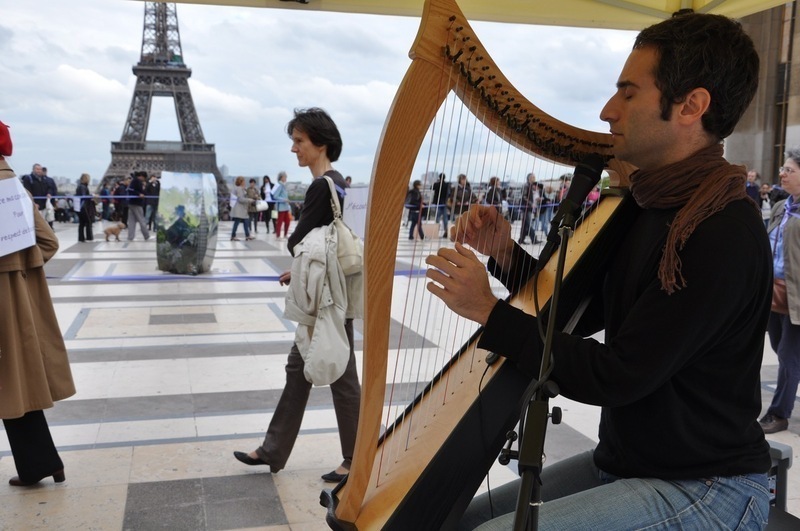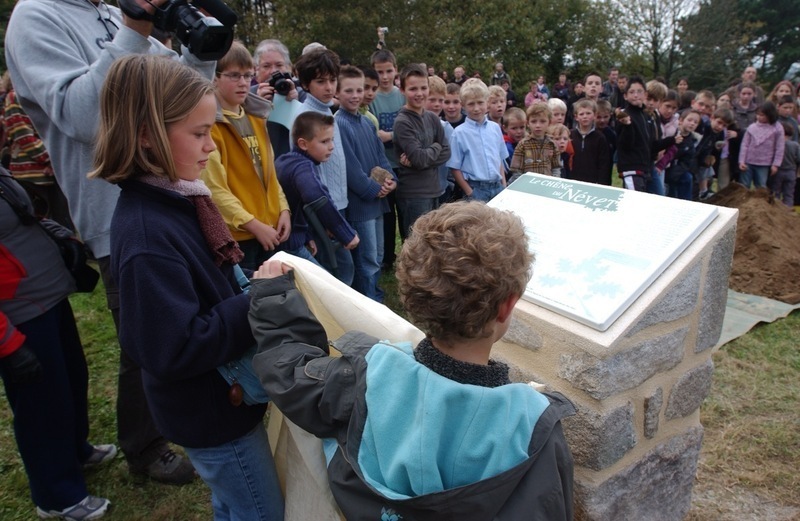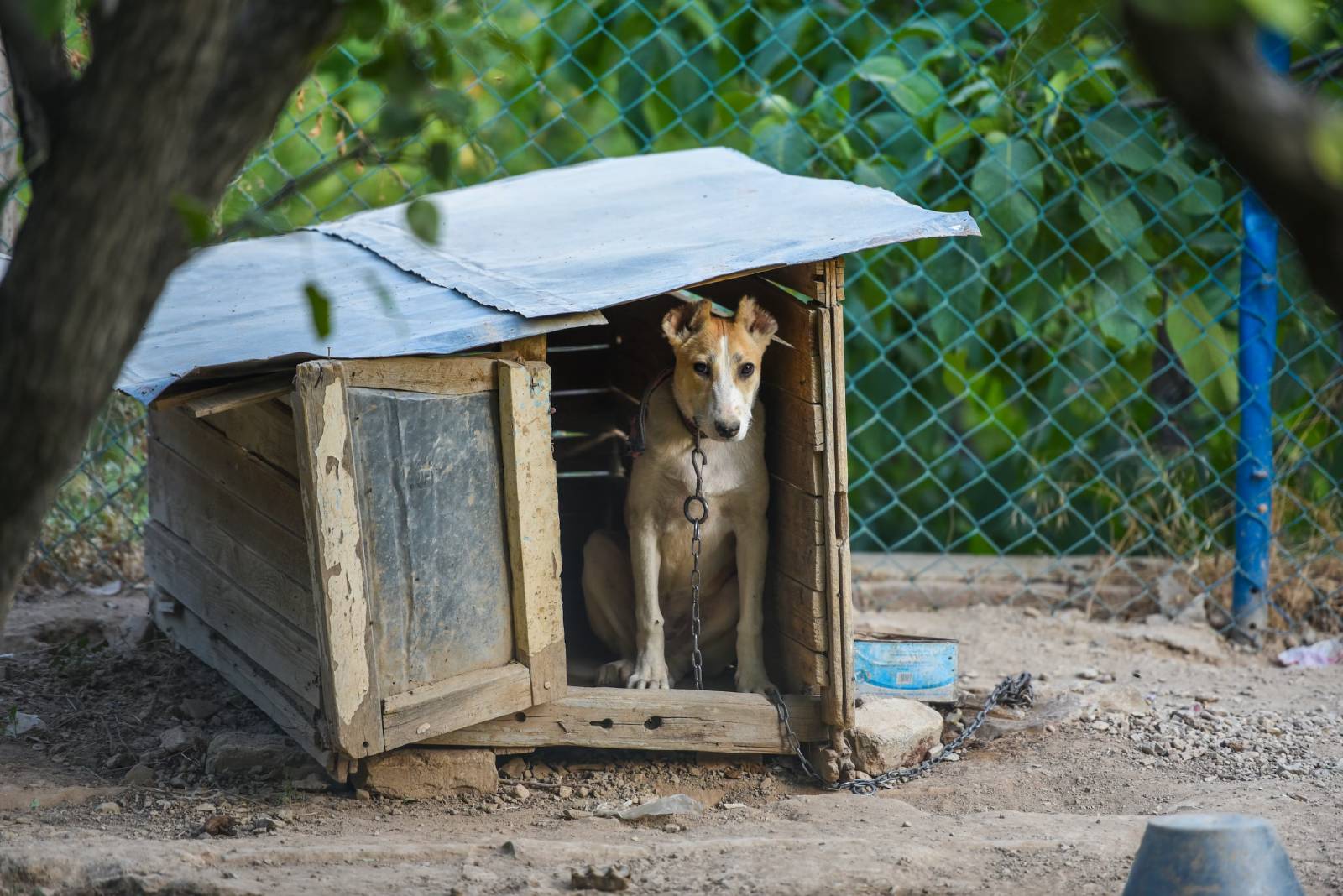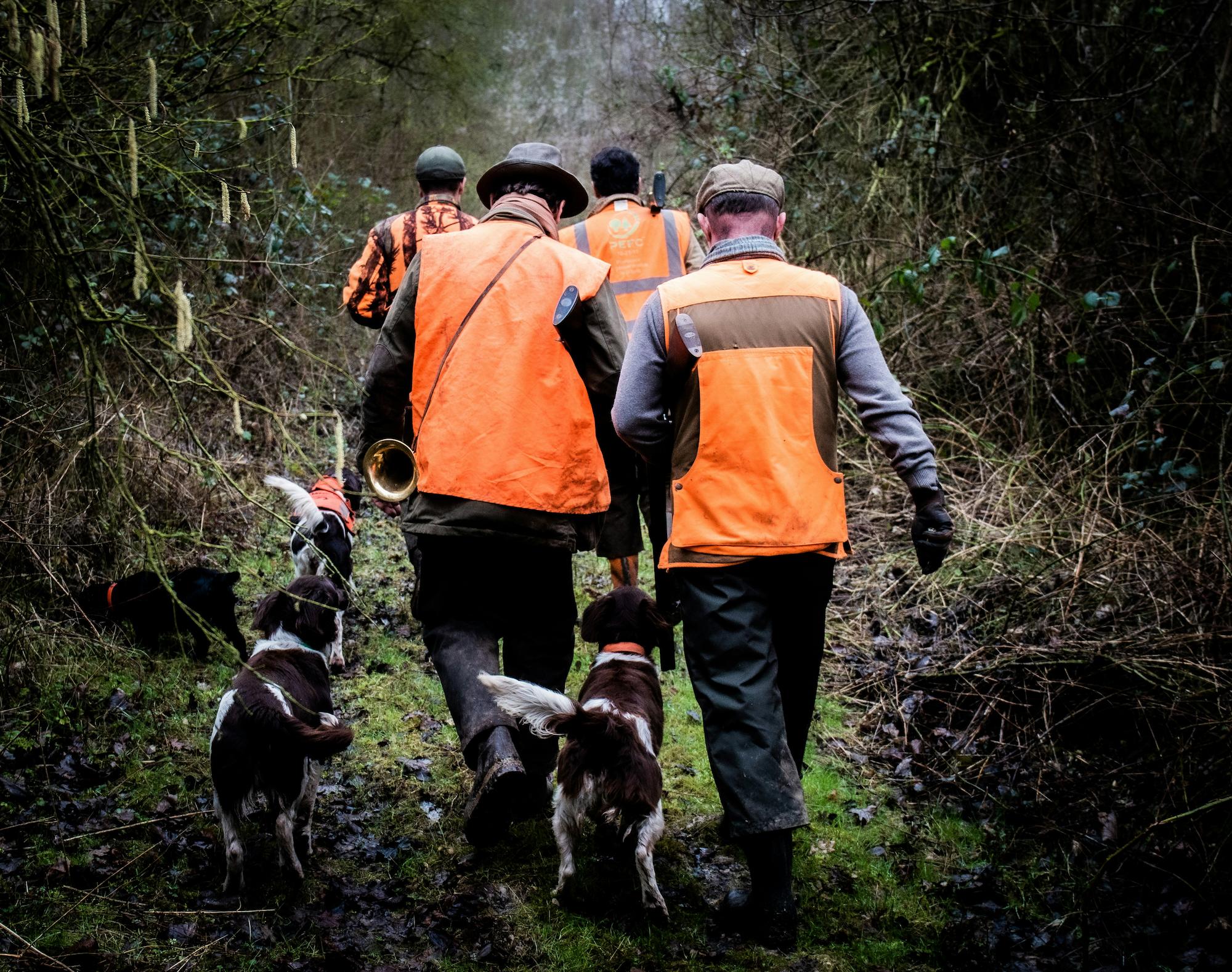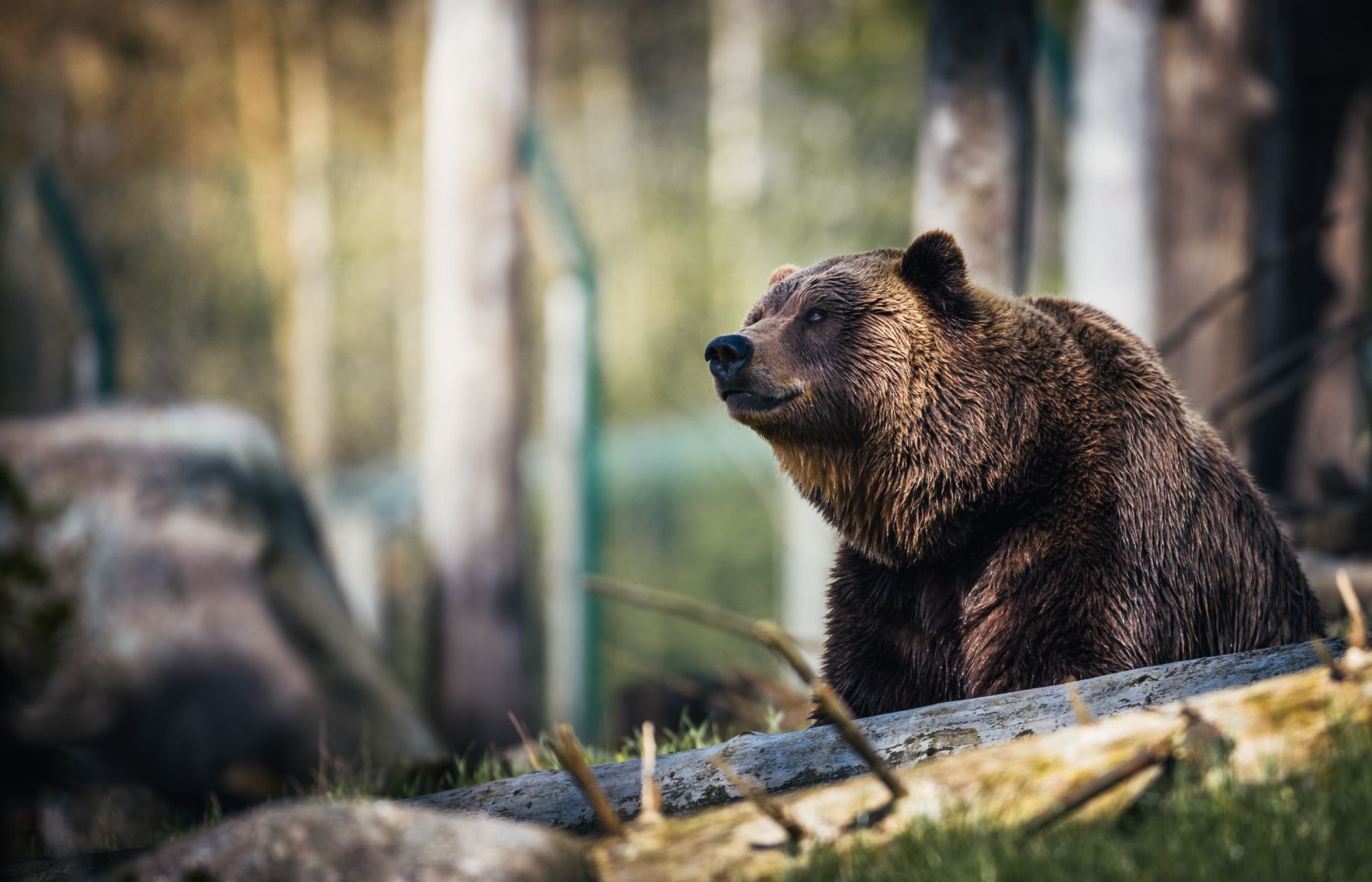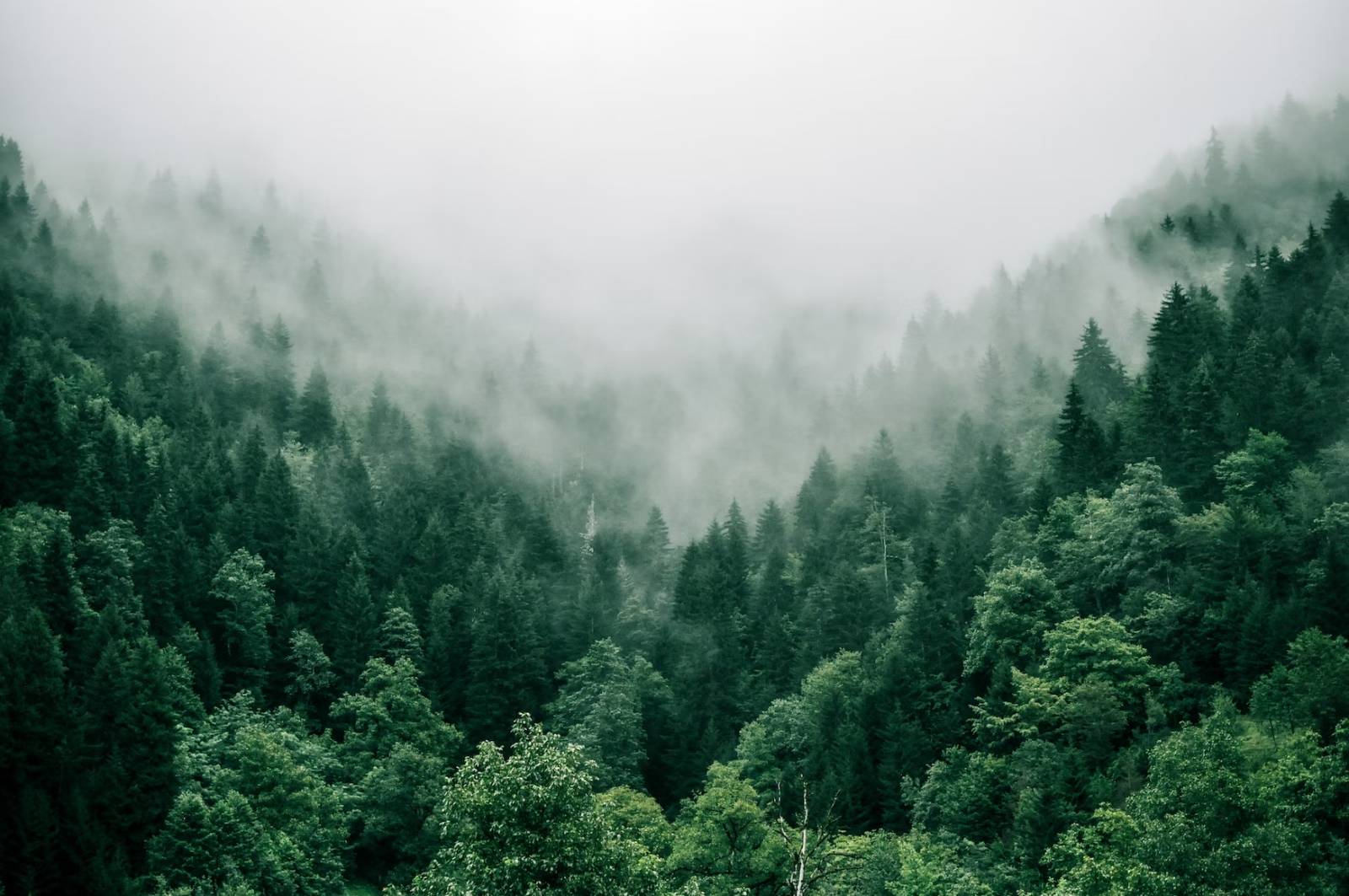

Natural habitat
Preserving the territory of animals, a fight in our nature!
Saving and defending animals also means fighting to preserve their natural habitat. Threatened by the uncontrolled expansion of human activities, wild fauna is in danger in France, as it is everywhere else on the planet. The fragmentation of territories endangers many species and provokes conflicts with dramatic consequences. With the destruction of nature, the future of all living beings is called into question.
Why are we fighting to protect the natural habitat?
Nature belongs to animals too
Unlike hunters who see nature as a deadly playground and the agri-business lobbies who only see animals through the prism of exploitation, One Voice has made the fight to defend biodiversity its global banner. This vision permeates all our battles: whether for captive wild animals, wolves, bears, ibexes… or against the absurd and criminal classification of “species likely to cause damage” (ESOD). We believe that every individual is an integral part of ecosystems, which are already fragile, and that biodiversity needs everyone’s help to remain healthy.
Human versus Nature?
With the fragmentation of the French rural landscape into a mosaic of forest habitats and pastoral areas, the home territories of wolves and bears increasingly overlap with areas of pastoral activity, encouraging predation on herds. Forced to live in close proximity to humans, conflicts are on the increase. In the mountains of France, wolves and bears are hunted down without mercy. Victims of hunters and breeders, the individuals are criminalised, even though they remain threatened with extinction. Rich in its complementary diversity, nature does not need humans: large predators play a crucial regulatory role.
Dramatic consequences
Lethal control cannot be the answer to this problem. This immediate solution has dramatic consequences. As well as causing changes in the demographic structures of populations, it leads to an increase in dispersal movements, a disruption in the distribution of territories… To demonise wildlife is to declare war on nature as a whole. And to humans themselves.
Key figures
An alarming fact
What does the future hold?
Deforestation, pollution (chemical and noise) and ocean acidification are the consequences of irrational human activity. Closely linked to global warming, this destruction of land not only directly affects those who live there, but also all living beings on the planet. It is part of a global problem of over-exploitation of resources, but is also closely linked to livestock farming and over-fishing. So preserving our forests and oceans means radically rethinking the way we live and consume.
Changing your eating habits by becoming vegetarian or vegan
The main causes of deforestation are livestock farming and agriculture. To protect forests and the animals that depend on them, the priority actions to take are to stop eating meat, or at least to limit it, and to select organic and fair-trade products.
Becoming a consumer with ethical choices
To protect the environment, you can choose organic and fair-trade products, or at least avoid those containing palm oil, soya and avocado; select wood with the FSC label (a standard that guarantees sustainable forest management and respect for local populations) or the TFT label (which identifies farms undergoing transformation).
The whole story of the fight
